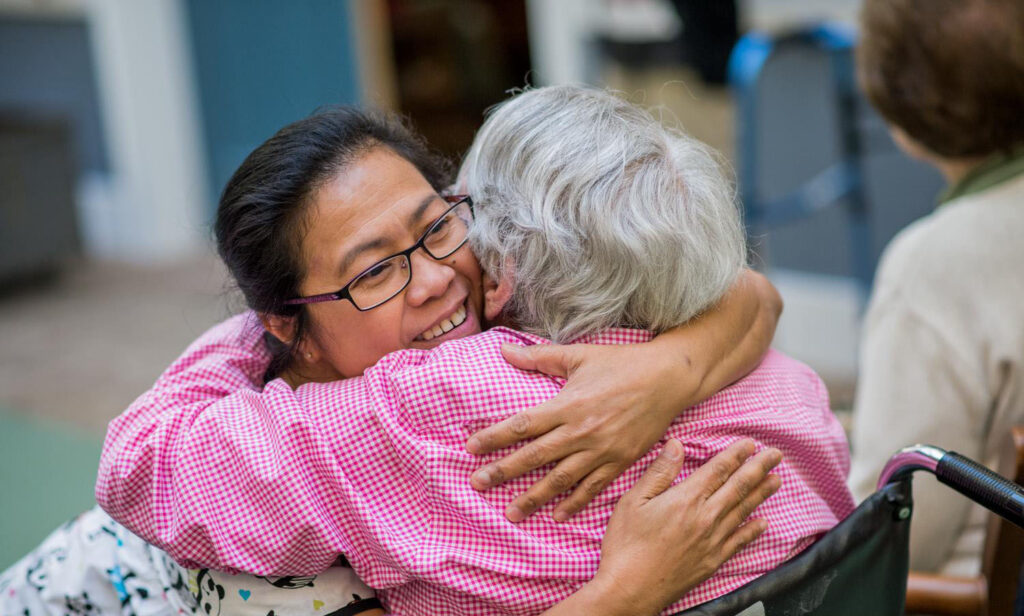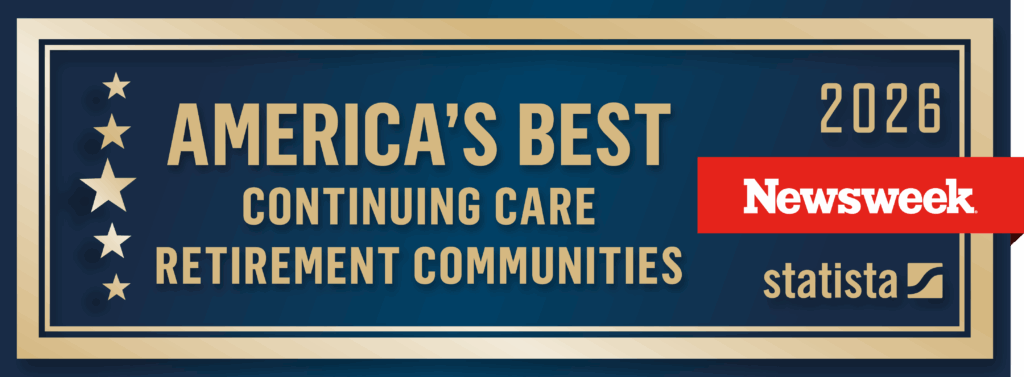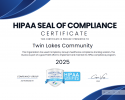The recent death of a well-known actor struck a chord with people across the country — especially among the seven million American families affected by Alzheimer’s and other forms of dementia. In The New York Times article, “How to Care for a Loved One with Dementia: 5 Expert Tips” (Taft, 2025), experts offer practical advice to help families navigate the unpredictable and often overwhelming journey of dementia caregiving.
Dr. Laura Gitlin, a behavioral scientist quoted in the article, notes that caregivers frequently receive little to no guidance following a diagnosis. When the responsibility falls on a single individual, the risk of burnout, isolation, and — in rare cases — tragic outcomes increases significantly. The article serves as a sobering reminder of the importance of proactive planning and robust support systems. It also highlights why more families are turning to Continuing Care Retirement Communities (CCRCs) like Twin Lakes Community in Burlington, North Carolina.
Why CCRCs Like Twin Lakes Community Makes Sense
At Twin Lakes Community, residents find a much different path forward — one grounded in continuity, connection, and professional support. Here’s how a CCRC can help address the very challenges highlighted in The New York Times article:
1. Built-In Caregiving Teams
The article stresses the importance of assembling a caregiving team — something that can be difficult for many families to do. At Twin Lakes, this team already exists. Our multi-disciplinary staff includes nurses, CNAs, social workers and dementia care specialists who provide care that evolves as residents’ needs change — from independent living to assisted living to skilled nursing or memory support.
2. Proactive Planning and Expertise
Dementia is a progressive disease. Families often don’t realize how drastically care needs can escalate. Twin Lakes offers personalized care plans, expert consultations, and proactive monitoring that help residents and their families feel supported every step of the way.
3. Socialization and Cognitive Engagement
Experts in the article emphasize the dangers of isolation — not just for the person living with dementia but for the caregiver as well. Twin Lakes offers daily opportunities for social interaction, structured activities, and community events, which help slow cognitive decline and improve quality of life.
4. Technology and Safety Measures
Families are increasingly turning to technology to monitor loved ones with dementia. While helpful, these tools often raise privacy concerns and aren’t always reliable. At Twin Lakes, secure, supervised environments, fall prevention protocols, and 24/7 staff availability offer peace of mind that technology alone can’t match.
5. Support for the Whole Family
As the article highlights, caregiver burnout is real. At Twin Lakes, families are not left to carry the burden alone. Whether it’s helping with care coordination, offering caregiver support groups, or simply being available during difficult transitions, our community provides relief and reassurance.
Planning with Heart and Wisdom
No one wants to imagine their loved one alone and vulnerable — especially while living with a disease like Alzheimer’s. The story of Gene Hackman is a tragic illustration of what can happen without a solid plan or support network in place.
Choosing a CCRC like Twin Lakes Community is not about giving up independence. It’s about securing peace of mind, personalized care, and a vibrant life surrounded by compassionate professionals and community support.
It’s never too early to start the conversation — and it’s never too late to plan for a future where dignity, safety, and connection are guaranteed.
📖 To read the full New York Times article that inspired this post, click here:
How to Care for a Loved One With Dementia: 5 Expert Tips
By Isabelle Taft, March 8, 2025
To learn more about life at Twin Lakes Community or to schedule a visit, please contact us or visit www.twinlakescomm.org.





